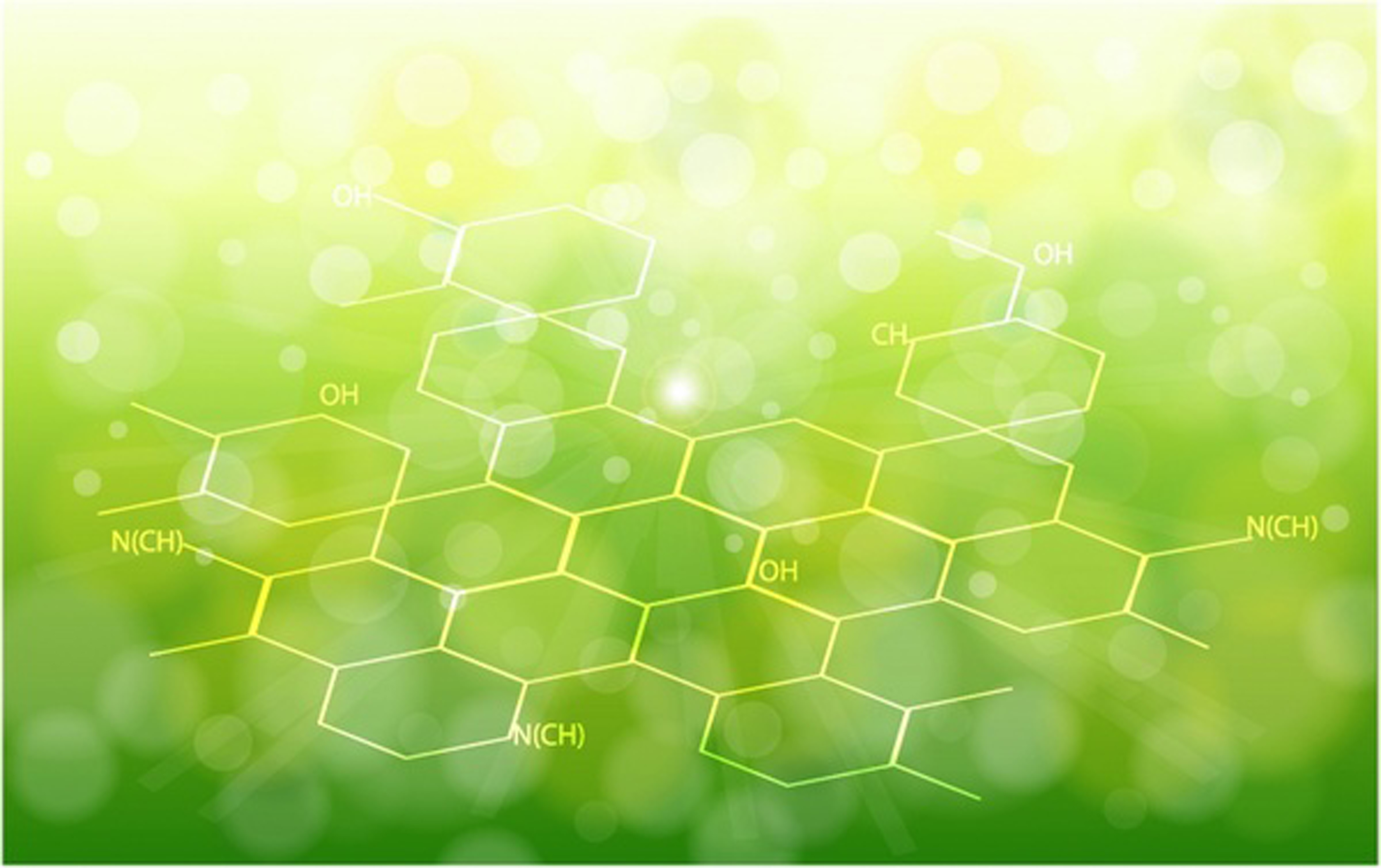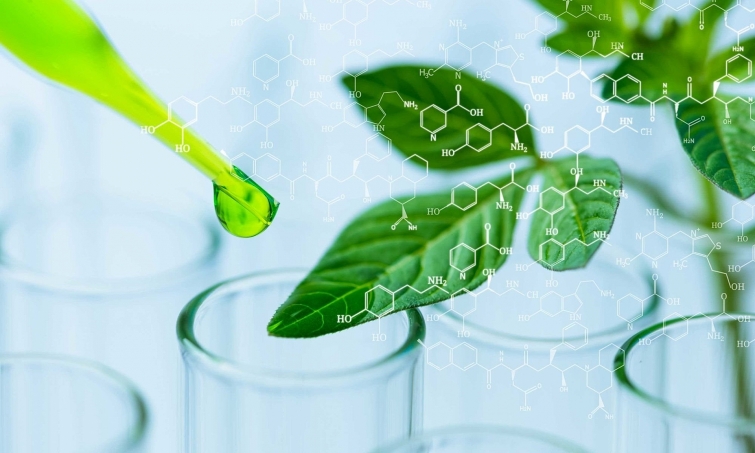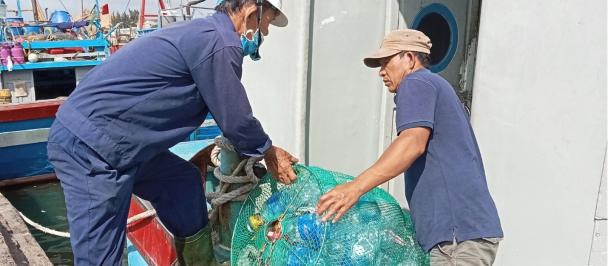Application of Green Chemistry in Viet Nam to support green growth and reduction in the use and release of POPs/harmful chemicals
Project Summary:
In Viet Nam, while the chemical and manufacturing sectors play a very important role in the development of the national economy and in the industrialization and modernization of the country, certain chemicals, which are potentially hazardous/toxic, their production processes and products containing such chemicals are becoming of increasing concern because of their impact on human health, the local and global environment and ecosystems.
Because of various legacy issues, surveys in Viet Nam (1999 – 2010) indicated higher levels of chemicals of concern in soil, water, human milk than those measured in most other countries.
This situation is further aggravated by chemical pollution and releases, industrial related accidents and spills caused by the national chemicals and manufacturing industry, which is predominantly using old technologies, outdated production processes and/or end of pipe solutions. This is a cause of great concern and puts a significant burden on the Government of Viet Nam and local authorities, as these impacts are further jeopardizing the health of the country’s population as well as its ecosystems.
The low concern and awareness of the environmental risk associated with obsolete industrial processes and the consumption, release or storage of hazardous chemicals in any stage of industrial manufacturing has often resulted in serious environmental accidents.
Objectives:
The project aims to create the enabling environment for the introduction of Green Chemistry in Viet Nam and introduce Green Chemistry applications in productive sectors with the purpose of reducing the use and release of chemicals controlled under Stockholm and Minamata Conventions. The project also expects to result in a reduction in the use and release of chemicals of concern not covered under the MEAs, as well as improve energy and natural resource efficiency and generate Green House Gas (GHG) release reduction co-benefits in the sectors and industries supported by the project.
Expected results:
Component 1: Developing the Enabling Environment for Green Chemistry in Viet Nam.
- Enabling Environment for Adoption of Green Chemistry Practices Established
- National institutional capacity for Green Chemistry adoption assessed
- Regulatory and policy assessment pertaining to Green Chemistry and POPs completed and gaps identified.
- Specific standards and regulations on Green Chemistry, including incentive scheme, prepared
- Green Chemistry incentives introduced following Cost-Benefit Analyses (CBAs).
- A network of GC experts and institutional expertise created through capacity building and training
Component 2: Promote awareness on Green Chemistry and the benefits of the application of Green Chemistry and its guiding principles (Implemented by MOIT and MONRE)
- Awareness on GC and its guiding principles increased to a level necessary to support a shift to GC application.
- Awareness on Green Chemistry created among decision makers and stakeholders.
- Corporate Social Responsibility (CSR) Green Chemistry initiatives initiated.
- Green Chemistry extra-lecture integrated in the universities and MOIT training institutes.
- Commercial/trade promotion of advance technologies
Component 3: Introduce Green Chemistry approaches into priority sectors and at least 2 entities
- 15 g-TEQ/a of UPOPs releases, 1 tonne of POPs, 0.002 tonnes of mercury reduced and at least 65 tons of CO2 through the introduction of GC in priority sectors
- In-depth GC assessments concluded of priority production/manufacturing sectors.
- Technical tools and guidance developed for introduction of Green Chemistry in priority sectors
- Green Chemistry approaches introduced in at least 2 entities.
Project locations:
Nation-wide
News
Green Chemistry and Corporate Social Responsiblity
Ha Noi, 18 December 2020 – The United Nations Development Programme (UNDP) and Viet Nam Chemicals Agency of the Ministry of Industry and Trade (MOIT) co-organized a workshop entitled “Green Chemistry (GC) and Corporate Social Responsibility (CSR),” together with the Northern Viet Nam Paint and Printing Ink Club. The workshop aimed to raise awareness among stakeholders of and promote initiatives for CSR related to green chemistry (GC).
In Viet Nam, the chemicals industry has taken major development steps and made several great achievements contributing to socio-economic development. However, the industry has been facing quite a few environmental and social challenges, which require it to find new pathways in development, production, and consumption to ensure sustainable development. Read more
Enhance education in Green Chemistry – From Theory to Practice
Ha Noi, 31 March 2021 – The United Nations Development Programme (UNDP) and Viet Nam Chemicals Agency, Ministry of Industry and Trade (MOIT) jointly organised a workshop named “Raising awareness and sharing experiences in experiences on Green Chemistry in businesses and universities”. The workshop welcomed nearly 60 participants who were experts from Viet Nam Chemicals Agency, Vietnamese Chemical Association, UNDP, leaders of Ha Noi University of Science and Technology (HUST), Phenikaa University, and big chemicals companies such as Plato Viet Nam JSC, Akzonobel Coatings Vietnam, TPC Vina Plastic & Chemicals Corp., Vietnam Paper Corporate, Viet Tri Chemical JSC, and DAP-VINACHEM JSC. Read more

 Locations
Locations






